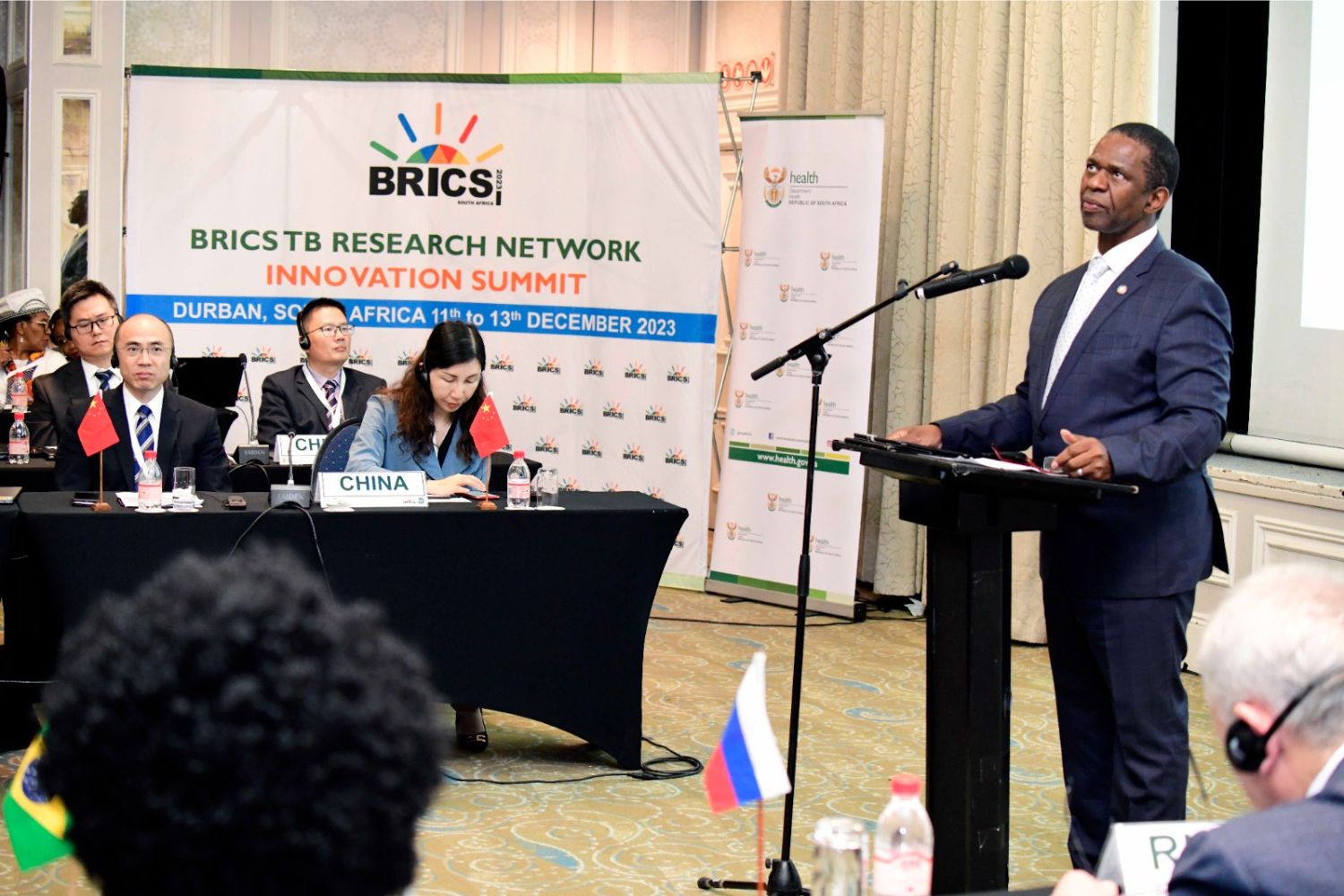Hamas’ surprise attack on Southern Israel on 7 October marks the bloodiest assault the state has sustained since its creation in 1948. At the time of writing, the death toll on the Israeli side has reached 900. In Gaza, retaliatory Israeli strikes have left more than 700 people dead, according to Palestinian authorities, a day after the government laid total siege on the Hamas-held Gaza Strip. The Israeli army has announced it has retrieved the bodies of 1,500 Hamas fighters.
Are we heading for all-out war? Can Israel defeat Hamas militarily, and vice versa? Will the far-right government of Benyamin Netanyahu open up to the left to form a cabinet of national unity, and if so, with what consequences?
Samy Cohen, an emeritus researcher at Sciences Po, President of the French Association for Israel Studies (AFEIL) and author of many books on the Middle East, including “Doves Among Hawks: Struggles of the Israeli Peace Movements” in English and most recently “Israël, une démocratie fragile” (“Israel, a fragile democracy”) sat down with The Conversation France’s International affairs’ editor, Grégory Rayko, to provide some answers.
Grégory Rayko: Why did the Hamas attack take Israel by surprise?
Samy Cohen: On the Israeli side, there were flaws at two levels. Firstly, there was an intelligence failure. Until now, Israel’s internal security services, the Shabak, was very well informed about the situation in the Gaza Strip. Obviously, recently, it no longer had any sources within Hamas. Its blindness is no less astonishing. For example, journalists had reported in recent months that many Hamas militants regularly went out to train on motorbikes, and even learned to fly light aircraft; and yet the Israeli services saw nothing of it. This is a major flaw for which they will have to answer one day.
But it did not occur in a vacuum. Very often, intelligence failures are due to failures in the country’s political-military conception. Take the Yom Kippur War 50 years ago. The Israeli intelligence services had a lot of information indicating that Egypt was about to attack.
But the political leaders did not want to believe it because they were caught up in a completely defective strategic narrative, according to which Egypt was far too weak to dare to attack. In the same way, for several years now, the politico-strategic narrative has somehow trickled down to the world of intelligence: This narrative, defended for years by Prime Minister Benjamin Netanyahu, asserted that Hamas did not present a major danger to Israel and that it was necessary to preserve its presence in the Gaza Strip in order to convince Israeli society and the international community that there was no partner for peace since Palestinian society was fractured between Hamas on the one hand and Fatah on the other.
For Netanyahu and the entire Israeli right, the scarecrow of Hamas was a kind of insurance against any international pressure. Netanyahu even said one day that it was in Israel’s interest for Hamas to continue. To this end, he allowed money to be paid to Hamas, he authorised some 20,000 Gazans to go and work in Israel, and thus to bring money into the Gaza Strip so that life under Hamas would be at least liveable there.
The intelligence services were imbued with this vision, according to which Hamas was not a real threat. Moreover, a short while ago, Tzachi Hanegbi, head of the National Security Council, a body that advises the prime minister, and who is close to Netanyahu, declared that Hamas was not keen to resume hostilities. In short, the intelligence services fell asleep, but to a large extent this can be explained by the government’s stance – and it should be added that for months now the prime minister has been concentrating almost exclusively on his fight to take control of the Supreme Court, which was an absolute priority for him – at least until 7 October.
Once the Hamas attack was launched, its fighters were able to advance fairly easily into Israeli territory, killing hundreds of people and taking at least 150 hostages
Because the army units around Gaza were woefully inadequate. Why? Because they were in the West Bank. For two years, the Israeli government has been steadily tightening security in the settlements. It’s true that there has been an upsurge in attacks on the West Bank; but the explanation lies mainly in the fact that there are now representatives of the West Bank settlers in the government, starting with the Minister of National Security, Itamar Ben-Gvir, who are demanding that the army provide security for these settlers, who are their loyal electorate – to the detriment of the populations living near the Gaza Strip, who vote in a much more heterogeneous way and are therefore not considered to be a priority electorate.
In short, the combination of blind intelligence, due to the vision of the country’s leaders, and the absence of troops around the Strip allowed this assault to take place with the human toll that we know.
Netanyahu has said that he wants to form a government of national unity
It will be complicated. The former prime minister and leader of the opposition, Yair Lapid, has requested that ultra-religious elements leave in exchange for his entry into government. But can Netanyahu manage without them? It is far from certain. As we speak, he has donned the costume of a warlord and is flexing his muscles, claiming that he is going to destroy Hamas.
ALSO READ: Why did Hamas attack, and why now? What does it hope to gain?
Is that possible?
No. This is pure political rhetoric, not reality. Hamas is not an army that can be defeated on the battlefield and surrendered to. It is a highly decentralised paramilitary organisation whose fighters, who hide in tunnels, are very difficult to flush out. The Israeli air force will not be enough.
To achieve this, it would be necessary to enter Gaza with tanks and thousands of men, and there would be many victims on both sides, among Gazan civilians and Israeli soldiers alike. To which we must add another factor: the hostages…
What are Hamas going to do with all the hostages it has taken in Gaza? Does it intend to exchange them for Palestinian prisoners held in Israel?
At the moment, Hamas has no interest in negotiating the release of the hostages. Just imagine, hypothetically, that the movement were to obtain the release of all its prisoners currently in Israeli jails, and release the Israeli hostages it is holding. It would then lose a formidable human shield. Israel could then launch a massive attack on the Gaza Strip, without fear of causing the death of its own citizens in the process.
There might be negotiations, but not for a very long time. In the meantime, these hostages will no doubt be scattered all over Gaza, forcing the army to be extremely careful every time it decides to bomb an area.
ALSO WATCH: Israeli and Gaza residents grapple with searing loss and devastation
The Israeli-Palestinian peace process was already moribund; are we now looking at the final nail in the coffin?
But the Israeli-Palestinian peace process has been dead for a long time, at least since Ehud Olmert’s two-state peace plan in 2007. Now we’re no longer hammering the last nail in the coffin; we’re throwing the coffin into the sea. In other words, the very subject of peace has disappeared. What we are seeing today is that even the most moderate Israeli population no longer believes in the possibility of peace. They have seen the images of the massacres of civilians committed by Hamas on 7 October, and they have seen Palestinians on the West Bank loudly celebrating the carnage.
A friend of mine, who lives in the south of Israel, near the Gaza Strip, has been a tireless campaigner for the peace camp for decades; this morning she gave an interview to a website in which she said: “I can’t talk about peace any more.” If even such committed people give up, you can imagine the state of the rest of society. We’re in for some very dark years. There will be no turning back.
What future do you see for Benyamin Netanyahu?
He bears huge responsibility for this. He thought that by establishing diplomatic relations with several countries in the Arab world – even though, for decades, all observers had been saying that there would be no Arab-Israeli normalisation without a solution to the Palestinian question – he had shown that Palestine was finally no longer an issue. But Palestine has come back to centre stage in an outburst of appalling violence, making it impossible for Saudi Arabia to continue moving toward a rapprochement with Israel.
However, given the trauma experienced by Israel on 7-8 October, one can’t be sure that Netanyahu will lose power any time soon. He had lost popularity in recent months because of his stance on the Supreme Court case. This loss of popularity also impacted upon the support of his ultra-religious allies, and benefited above all Benny Gantz’s National Unity Party, which has been leading the polls for months and could join the government in the near future.
Note that neither Gantz nor former Prime Minister Yair Lapid has called for Netanyahu’s immediate departure. They know that such a demand would be unpopular because it would be perceived as going in the direction of Hamas, since it would be a weakening of Israeli power following the attacks of 7 October. In short, Netanyahu is here to stay, and so is Hamas, and it is very difficult to find reasons for optimism.
Samy Cohen, Directeur de recherche émérite (CERI), Sciences Po
*This article is republished from The Conversation under a Creative Commons license. Read the original article.
ALSO READ: How Hamas weaponised Palestinians’ despair













